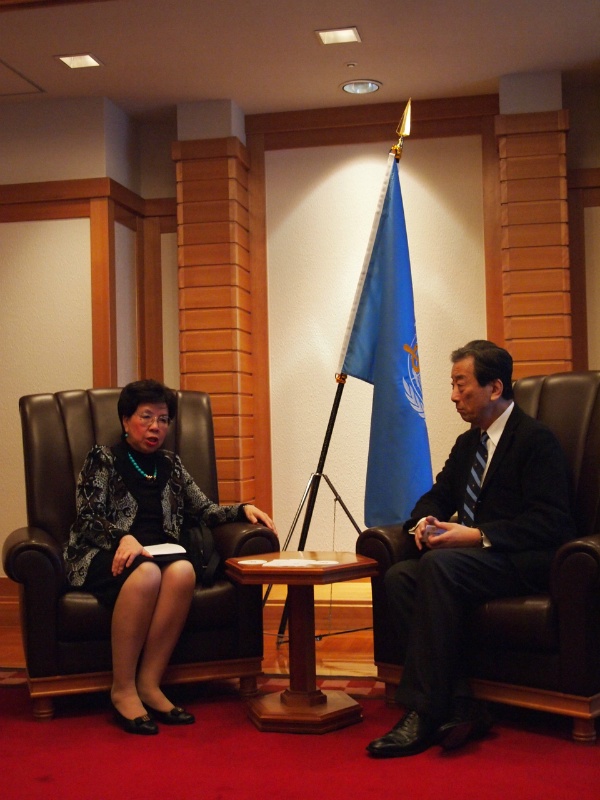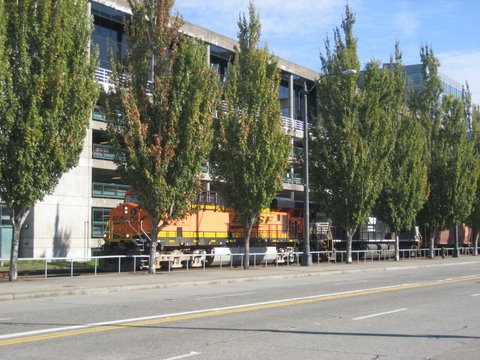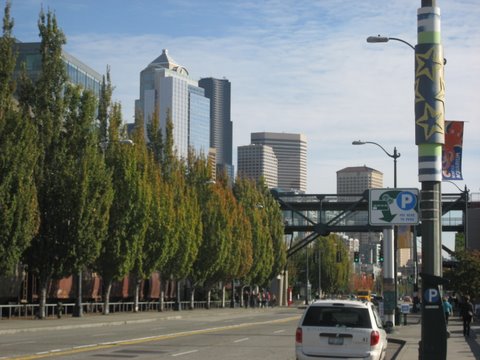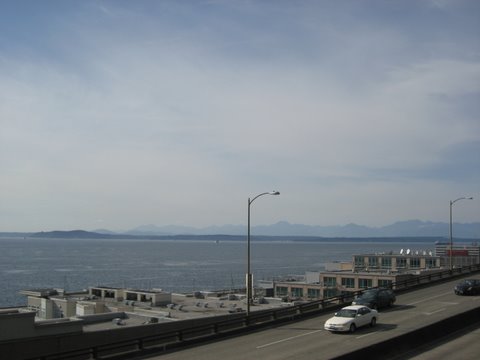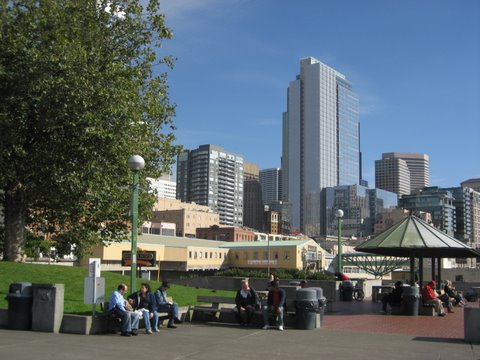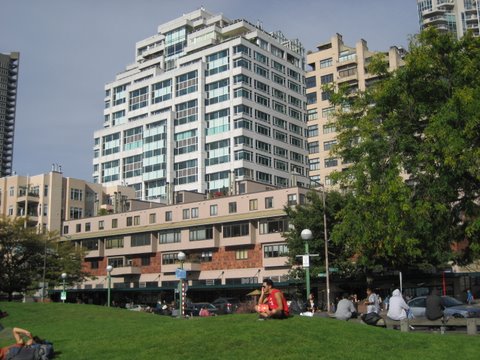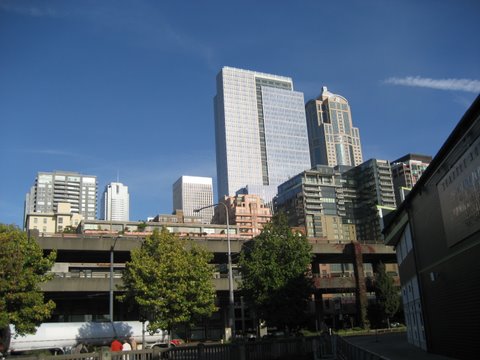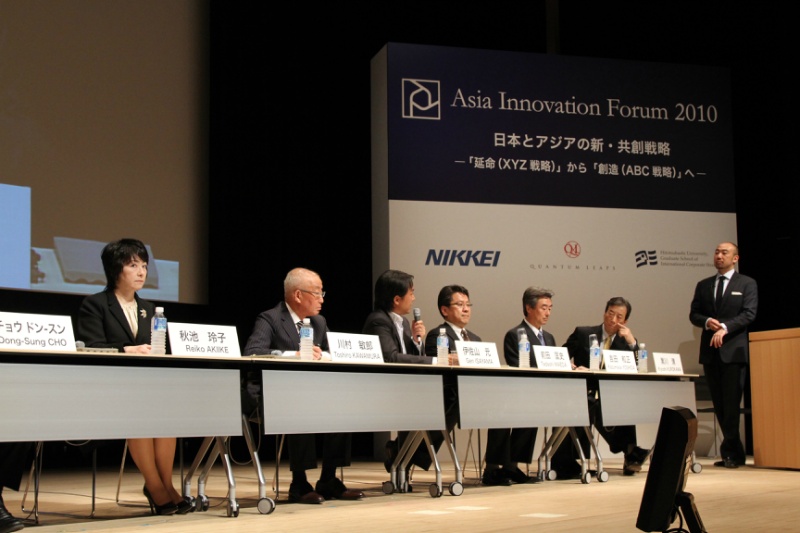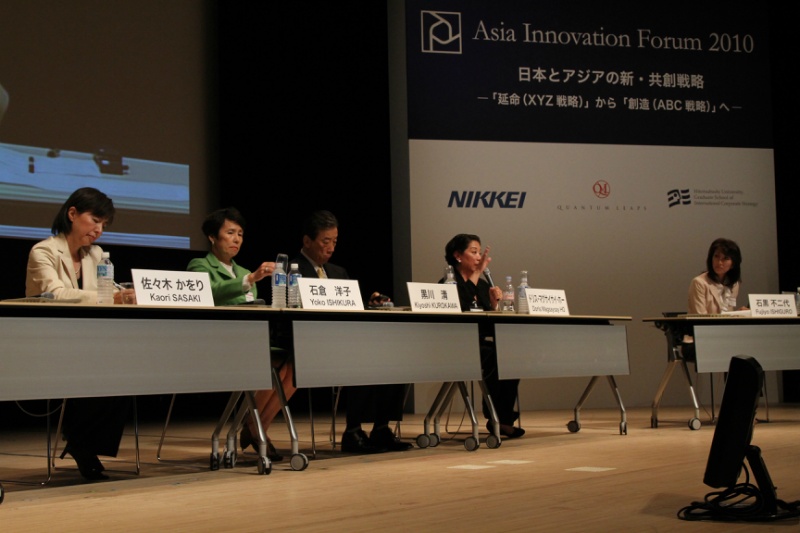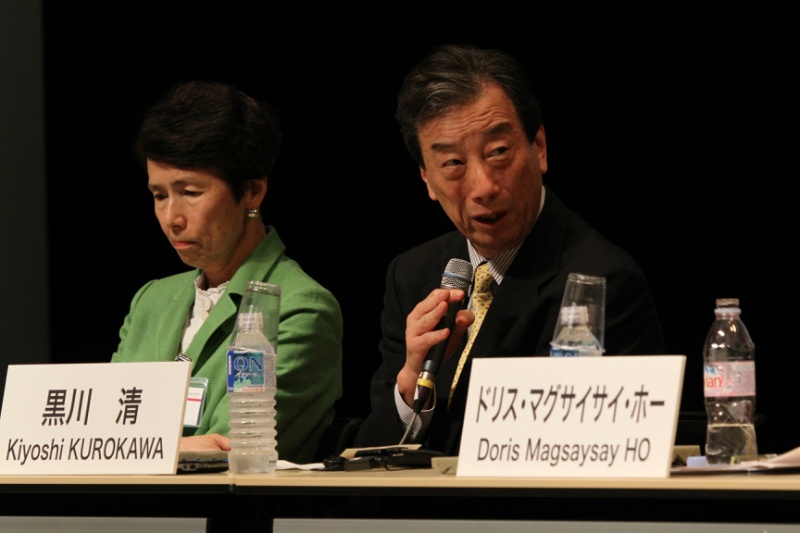→ Japanese
Do you remember a student I introduced on this site some time ago who took a leave of absence from school and went to Ghana?(ref.1). The purpose of his visit was to participate in an AIESEC program in Ghana. AEISEC (Japan Office) is a student-run organization from more than 100 countries that focuses on creating youth leadership development, offering young people opportunities to be global citizens. This particular student sent me an e-mail from Ghana. After staying in the capital, Accra, for about 10 days he described what he saw, felt, and learned as being much more than he expected.
After sending me this message, he traveled to the northern parts of Ghana and stayed there for about 3 weeks. He returned to Accra and sent me another e-mail. I could sympathize with his long silence, since I too, while traveling in Ghana(ref.1,2), had a difficult time finding internet access, even in first-rate hotels.
His e-mail was as below:
●I spent some time at a rural village located in the northern part of Ghana and am now back to Accra. I chose to go to this village because I wanted to learn more about Ghana, and a farming village seemed to be a good place to see the poorest part of this country. There, I started to observe distant affects from our development aids which I would not have known had I not gone to this place in person.
●I assumed this village to be highly dependent on the aids from the NGO, since I was told that this village was poor, even by Ghana’s standards. However, they were apparently self-sufficient people. They hunt chickens running around in the village, grow corns, yams, vegetables, beans. They are not at all in hunger. When they need cash, they get them by selling things to passengers on the buses that stop by their village occasionally. Men do not seem to have particular jobs, they love to play board games, or just hang around all day. Women, on the other hand, appeared to be busy farming, cooking, doing laundry…
●There is a primary school in this village, but since only two teachers are taking care of all 6 grades, their workload seems to be very heavy. The fee for school seems low, but even so, some children were not attending. Financial excuses were not so much the explanation for not attending school as the need of parents for domestic labor (mostly doing laundry). As a foreign person, I worried about their lack of education, since I had been taught that, ‘if you don’t learn English, your perspective of the future will be very narrow, and you might end up staying in this village your whole life’. But this anxiety seemed to be pointless to them. For them, they probably figured understanding the local dialect would be sufficient for their long tradition in living a self-sustained, local life in their village.
●The most shocking of it all was to feel that the activities of the NGO that was so instrumental in my travel, was not so appreciated by the villagers. This NGO is run solely by the money of its founder. The salaries of the local staff also come from the founder’s pocket money.
●This NGO is working to support developments through agriculture, and is currently focusing on rice planting. Their plan is to get the villagers involved in this effort. So, they are donating used tools, giving text books and providing uniforms to village school.
●I was impressed with the volume of the donation and support, but, strangely, no one in the village seemed to be truly thankful of the NGO. Rather, their attitude implied a stance of ‘It is not because we are in need, but because they offer it us that we accept their aid’. Maybe this lack of appreciation is due to the fact that this NGO is run by its owner’s pocket money and so the support is given according to the needs that he perceived from from an outsider’s viewpoint. In other words, he gave what he wanted to give. In a way, he did not try to understand the true needs of the villagers, or try to support them as one of the foreigners. Actually, whenever I talked to local NGO staff or villagers and said ‘I think our NGO is doing a great thing!!!’, all I got in return were smiles, not agreement.
●Through this observation, I strongly felt the difficulty of giving support to the people with respect to the values they live with. It is easy for us, people in developed countries, to point out the ‘needs’, as we see, of the developing countries. The lesson I learned was that whenever we seek to build relationships with developing countries, we must always be careful not to become ‘preachy’.
●Another thing I noticed by staying in Ghana is that African people do not think ‘being different’ is a bad thing. In Japan, if someone can not do things as you do, the most commonly heard comment is; ‘You can’t do even this? What a shame.’ If someone is not capable of doing things that you can do, then you take it as their failure because you think they should also be good at what you do. In short, we see what is different from ourselves as being not good. However, during my stay, the Africans were very kind to me. They always tried to find cool tree shade for me, and cared much about my appetite. ‘You are Japanese, you come from where food and climate are so different’, they said, and treated me, a foreigner, with respect to the differences that I hold. They never made me feel bad because of I was different from them.
●So, as for the ability to accept different values, and the ability to build relationship with respect to those differences, I came to think that Japanese is far behind African people.
I was happy that this student sent me such a long e-mail to share his thoughts with me. Although I trust that many ODAs are aware of such issues and they take them into considerations before putting their plans into actions, there is still much to be done in terms of understanding the value of local people, and the way they feel about our aid.
Regarding the activities of ODA, Dr. Toshiharu Yamamoto provides lots of good information and also points out many local issues in his blog. Here, I found many observations similar to the student. In my mind, what really counts is whether or not you have been to the country, whether you have a sense of that place, and whether you will take actions. It is by these measures that you will be judged in the future.
Going to the area and having first hand experience during early stages of your life, such as this student did, can be very helpful in the process of building your career. Of course, you could choose to go through tons of research before you go and I wouldn’t deny the importance of ‘careful planning before taking actions’, but quite often, excessive prudence ends in inaction ? that is, with nothing being done. It seems to me that the power of putting things into action, as this student demonstrated, is hopelessly lacking in Japan today.
There is more value than you think in lessons you gain through actions, and I recommend actions particularly to the young generation. Understanding the local situation by being on the site and having your senses refined is not something you acquire overnight. I am confident that this student will continue to grow, because through this experience the way he sees the world has changed, his point of view has become much broader, and without doubt this will work positively in his search for his dreams and in his efforts toward his goals.
A week after his return to Ghana, this student sent me an e-mail saying, “In just one week I came to feel that I became friends with so many people, that I am connected, and the world is going to change. I am filled with so much wonder.”
With telecommunication technology ?e-mails, cell phones, and websites ? you can sense the powerful connectivity. Indeed, today, this world is one world.
